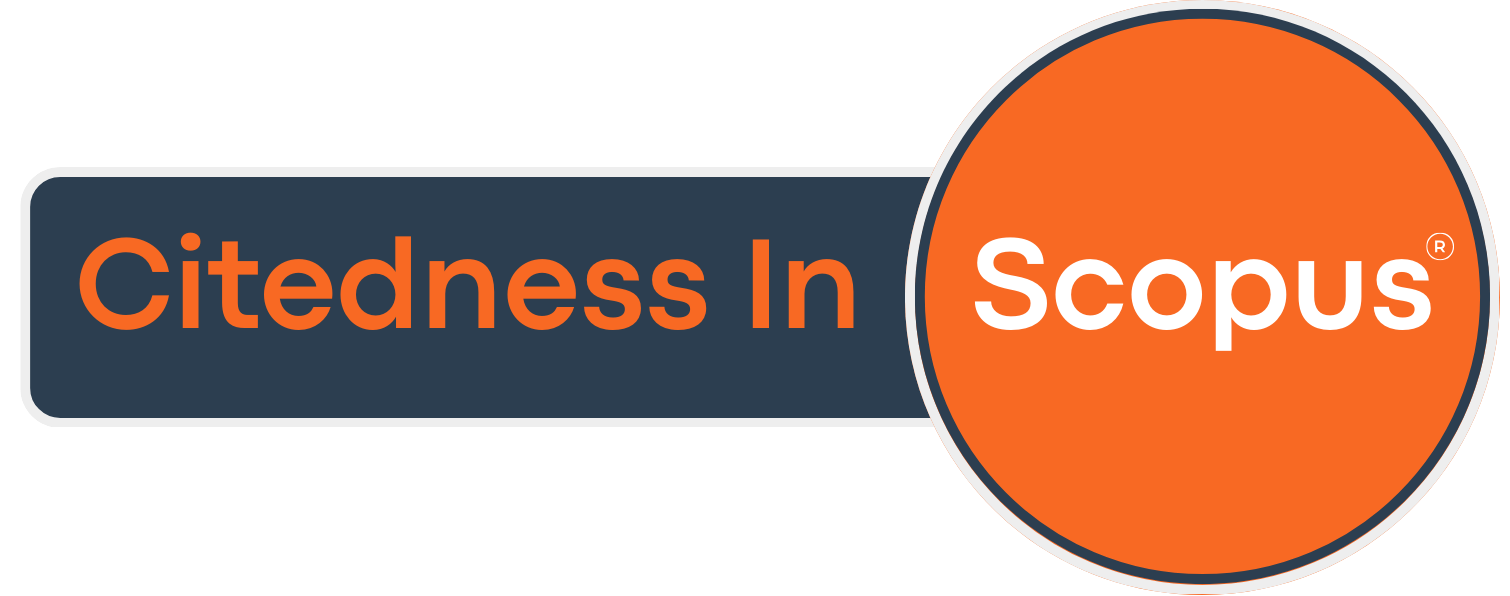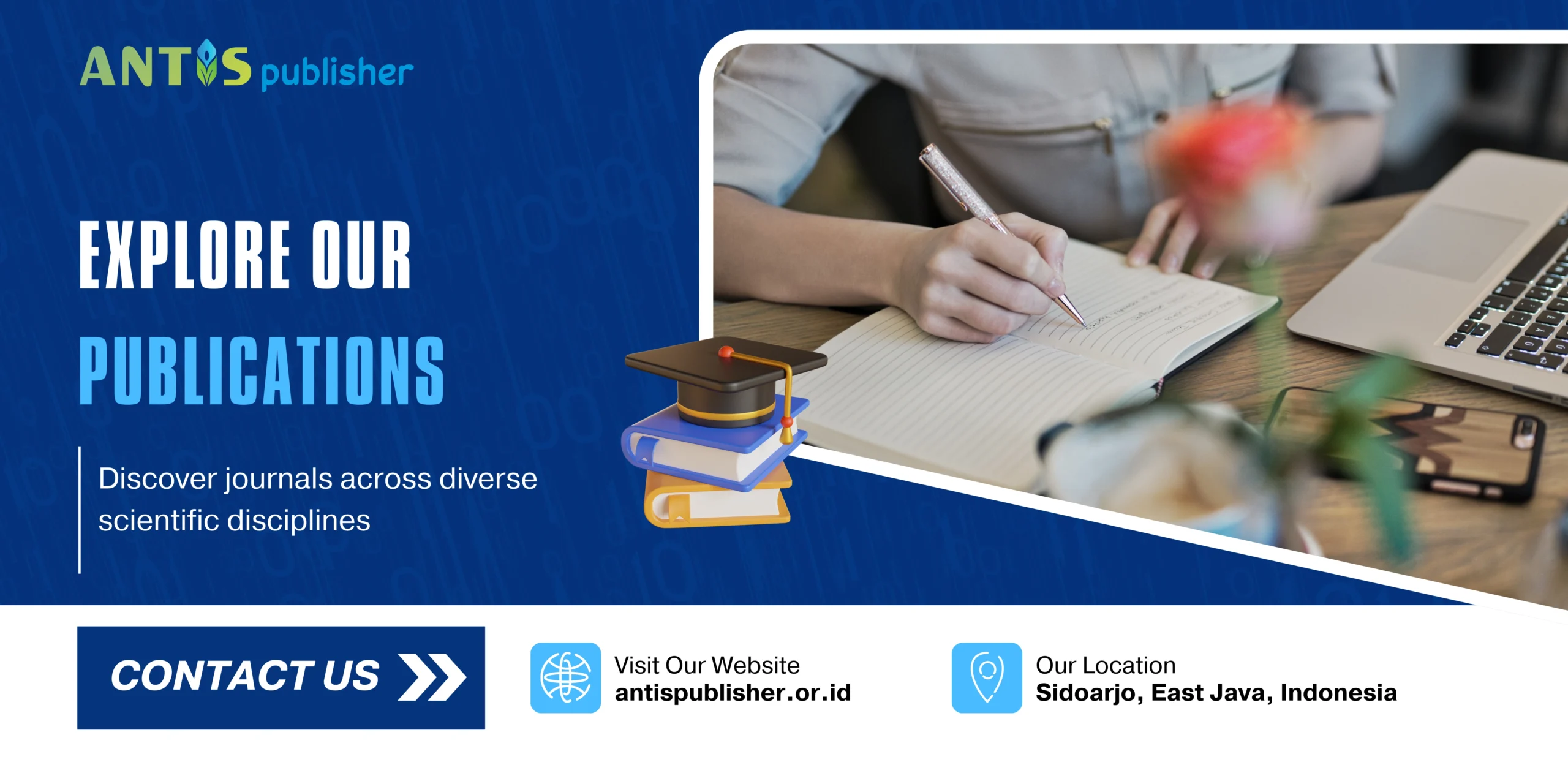TEACHING FOREIGN LANGUAGE FOR SPECIFIC PURPOSES: TEACHER DEVELOPMENT
Downloads
Objective: This study examines the unique roles, challenges, and methodologies of English for Specific Purposes (ESP) teachers compared to general foreign language instructors. By addressing specific professional and educational needs, ESP teachers require not only expertise in language teaching but also flexibility in adapting to various professional fields. Methods: The study utilizes a theoretical and qualitative approach, drawing on an extensive literature review to analyze definitions, key features, and classifications of ESP. It includes a content analysis of teaching theories, course design principles, and the role of ESP practitioners, with an emphasis on practical applications across professional contexts. Results: Findings reveal that ESP teachers, while not experts in specialized fields, are instrumental in equipping students with the skills to engage with authentic, field-specific information. They rely on adaptive teaching frameworks and collaborate with subject-matter experts for up-to-date and relevant materials. Novelty: The study underscores the importance of establishing a support network for ESP teachers to facilitate information exchange and professional growth, addressing their frequent isolation from specialized field professionals and fellow educators.
T. Hutchinson and A. Waters, English for Specific Purposes: A Learning-Centered Approach. Cambridge: Cambridge University Press.
P. Strevens, “ESP After Twenty Years: A Re-appraisal,” M. Tickoo, Ed., ESP State Art, Singapore SEAMEO Reg. Cent., pp. 1–13, 1998.
P. Robinson, “ESP Today: A Practitioner’s Guide, Hemel Hempstead: Prentice Hall International,” 1991.
L. Anthony, “‘ESP: What Does It Mean?,’” On cue. [Online]. Available: http://www.interserver.miyazaki-med.ac.jp/~cue/pc/anthony.htm
T. Dudley-Evans and M. S. John, Developments in ESP: A Multi-disciplinary Approach. Cambridge: Cambridge University Press, 1998.
D. Picket, “Business English: Falling Between Two Stools,” Comlon, vol. 26, pp. 16–21, 1986.
D. Carver, “Some Propositions About ESP,” ESP J., vol. 2, pp. 131–137, 1983.
K. Gatehouse, “Key Issues in English for Specific Purposes (ESP) Curriculum Development,” TESL J., vol. 7, no. 10, 2001.
S. P, New Orientations in the Teaching of English. Oxford: Oxford University Press.
Copyright (c) 2024 Dilafruz Kariyeva

This work is licensed under a Creative Commons Attribution 4.0 International License.























